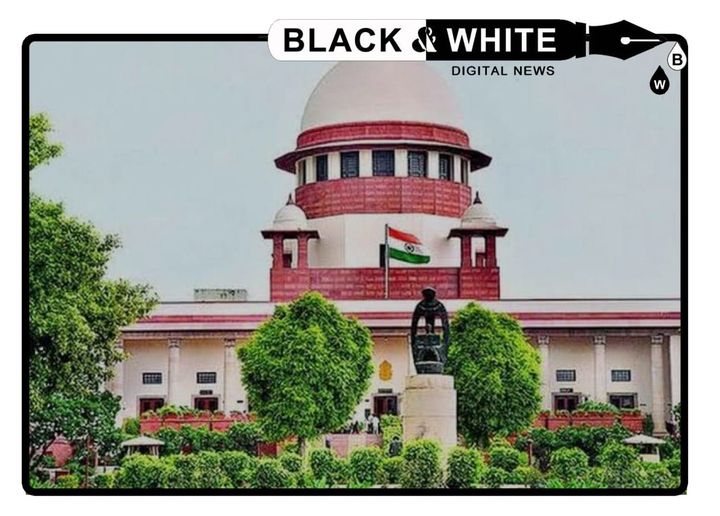Supreme Court to Deliberate on Hijab Ban in Mumbai College: Implications for Religious Freedom and Educational Rights
||Black and White Digital News ||
||Parvinder Singh August 09,2024 ||
New Delhi: The Supreme Court of India is set to hear a significant petition today that challenges the Bombay High Court’s recent verdict, which upheld a controversial dress code implemented by NG Acharya and DK Marathe College in Mumbai. The college’s policy prohibits students from wearing hijabs, burqas, and niqabs on its campus, a rule that has sparked intense debate over the balance between religious freedom and institutional discipline.
The petition has been brought forward by students belonging to a minority community, who argue that the college’s dress code infringes upon their fundamental right to practice their religion, as well as their right to access education without discrimination. The petitioners assert that the ban imposes undue hardship on students who observe religious dress codes, particularly during the ongoing examination period. Advocate Abiha Zaidi, representing the students, urgently sought the Supreme Court’s intervention, leading Chief Justice of India (CJI) DY Chandrachud to schedule the matter for today’s hearing.
“It is coming up tomorrow. I have listed it already,” the CJI remarked on Thursday, addressing the urgency of the situation given the immediate impact on the students’ academic performance.
The Bombay High Court’s ruling on June 26, 2024, had endorsed the college’s stance, stating that the dress code was a legitimate measure to ensure discipline within the educational institution. The court reasoned that the college, as part of its right to establish and administer an educational environment, could impose such rules as long as they did not infringe upon the fundamental rights of students. The court concluded that the ban did not violate any constitutional rights, sparking a heated debate on the intersection of religious freedoms and educational governance.
This case has broader implications for educational institutions across India, as it raises critical questions about the extent to which colleges and schools can regulate students’ attire, particularly when such regulations intersect with religious practices. The Supreme Court’s ruling could set a precedent that either reinforces the autonomy of educational institutions to enforce dress codes or bolsters the protection of religious freedoms in public spaces.
Legal experts and civil rights advocates are closely monitoring the case, as the court’s decision could influence future policies and regulations concerning religious expression in educational settings. The outcome may also have political and social ramifications, given the ongoing discourse surrounding secularism, minority rights, and the role of religious identity in India’s public life.
The hearing is expected to delve into complex constitutional issues, including the interpretation of Article 25 (which guarantees freedom of religion) and Article 19 (which guarantees freedom of expression) in the context of educational discipline and institutional autonomy. The Supreme Court’s decision, whichever way it goes, will likely have a lasting impact on the relationship between educational institutions and students’ rights in India.



